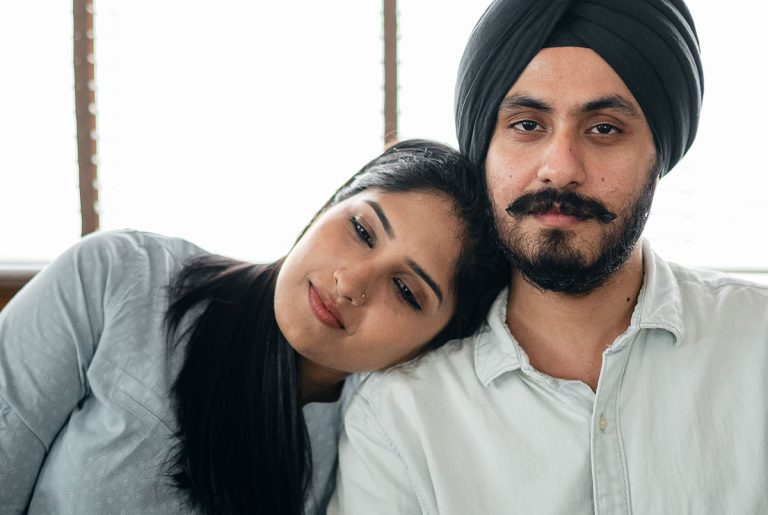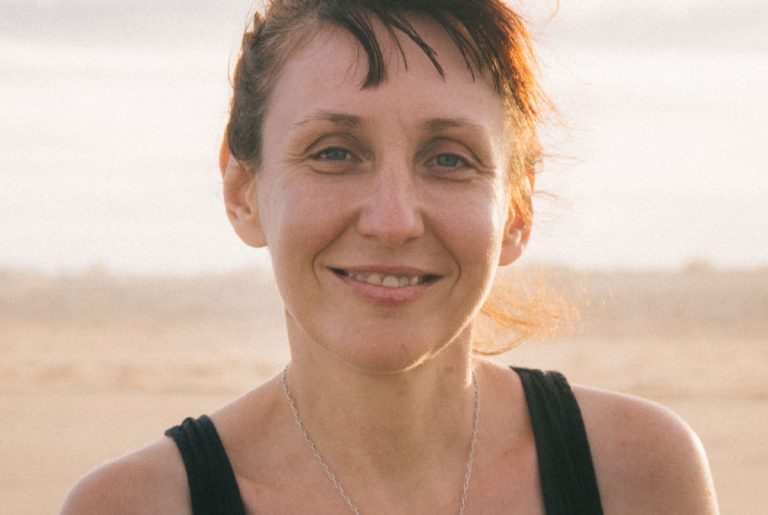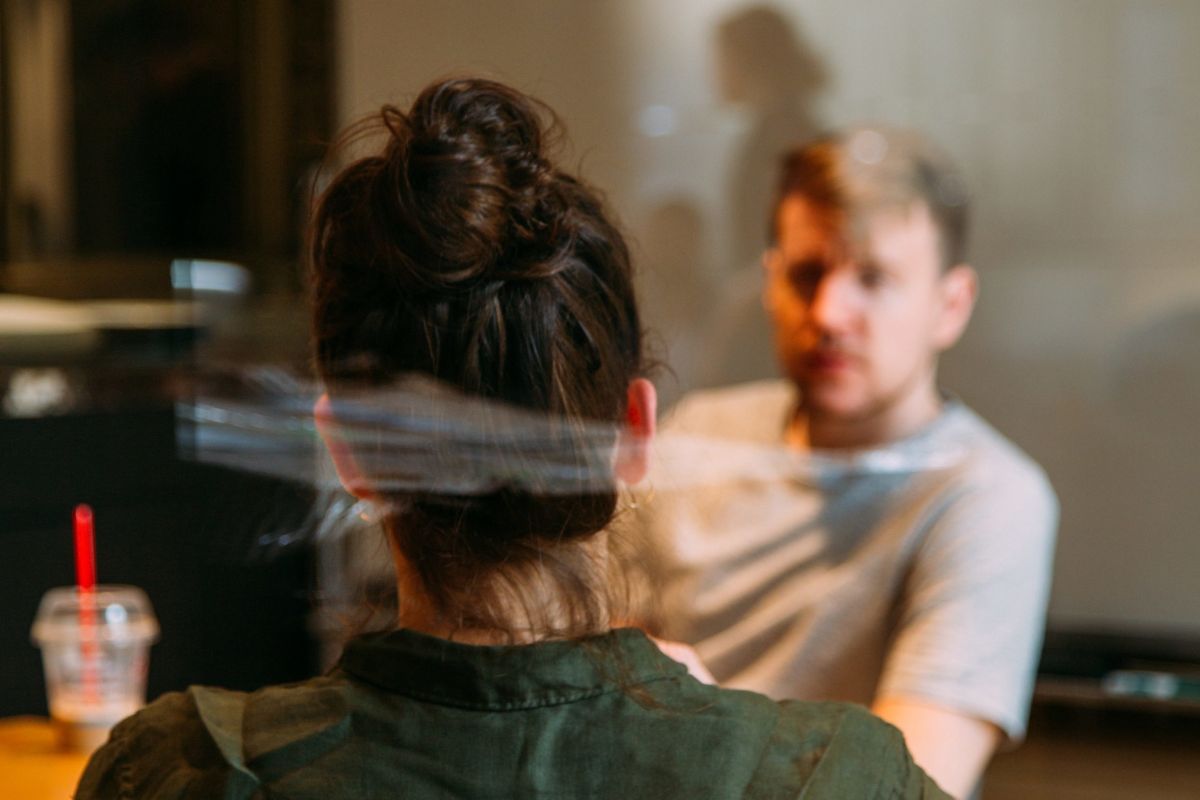Ever noticed that some couples seem to bring out the worst in each other? It could be a sign of a codependent relationship. Here, we explain how to identify codependency, and how to change these negative patterns for good.
There’s nothing wrong with depending on our loved ones from time-to-time. As humans, we need support from others, and our society and lives flourish when we help those around us.
But what happens when things go too far, and two people start enabling the other’s bad behaviour, habits or vices? That’s called codependency.
Codependency in relationships don’t just occur between intimate partners – they can also happen between friends, romantic partners, or family members.
The term codependency was originally used to describe and understand addictive behaviours. However, it’s now more widely used by counsellors to describe imbalanced relationships, where one person enables another’s unhealthy or even self-destructive tendencies – whether they’re addiction-related or not.
What is codependency?
A codependent relationship is one in which one or both people are experiencing poor mental health, struggling with immaturity, irresponsibility, or under-achievement – and where the relationship dynamic is only making things worse.
One or both parties can start to neglect other areas of their life to please the other person. Their extreme dedication to this person may cause damage to other important relationships such as friendships, education or career opportunities, or even everyday responsibilities.
A person who feels codependent or relies on someone with these traits can struggle with how to have an equal, two-sided relationship. They often come to rely on another person’s sacrifices or neediness, rather than encouraging them to thrive.
The difference between ‘codependent’ and ‘clingy’
Codependency is not about being clingy, which we might all be at times. It’s more about extreme dependence – emotional, social or even physical.
A person who is codependent might plan their entire life around pleasing the other person. In what has been called the cycle of codependency, one partner needs the other partner, who in turn, needs to be needed.
This can stunt the individual’s or couple’s growth and leave little room for independent thought or action. It may be that one person can’t achieve personal success, in their career or education, if their partner is not doing the same.
Terms such as codependency help us name and define problematic behaviours, but it’s a term that has also become loaded with judgement.
People who may realise they are in a codependent relationship can feel as though it’s something to be ashamed of, which could stop them from getting help. But the truth is, it can happen to anyone – although there are a few risk factors to be aware of.
What can put people at risk of developing codependency?
Research suggests that those susceptible to codependency have grown up with childhood trauma, parents with mental health issues, or in an environment where they witnessed similar experiences and behaviours.
If you have a parent or caregiver who was very unwell, needful, or demanding, you might have learnt to be in service of others from an early age, suppressing your own needs along the way.
What are the signs of codependency?
If you’re concerned you or someone you know might be displaying some unhealthy, codependent behaviours, here are some of the warning signs to look out for:
- Feeling responsible for other people – their feelings, thoughts, actions, choices, or wellbeing
- Having trouble communicating honestly. Saying “yes” when you mean “no”. Having a hard time saying no, because you fear if you stop giving and going along you might be rejected
- Having poor boundaries, doing things like over-offering, over-working for others, or sacrificing your needs for others – and then resenting it
- Finding no satisfaction or happiness in life outside of doing things for the other person
- Feeling constant anxiety about your relationship and doing whatever it takes to get it back on stable footing
- Using too much time and energy giving your partner everything they ask for, but often getting little in return
- Feeling guilty for thinking of your own personal needs in the relationship, and being reluctant to express them
- Ignoring your own morals or conscience to do what the other person wants.
- This could include things like stealing, or giving in sexually in ways you don’t want to
- Rejecting feedback from others about the negatives they observe, even if you know in your heart there’s truth in what they are saying
- Finding it almost impossible to imagine separating or standing up for yourself, even if you’re aware that the other person does hurtful things
- Fixating on your own mistakes, out of proportion to what has happened or the role you might have played
- Feeling angry, resentful and indignant that you don’t get your needs met or get to feel happier, while wondering if you deserve it.
How to change codependent behaviours
If you recognise any of the above behaviours in your own relationships, try not to panic or blame yourself – there are things you can do to start making a positive change:
1. Be kind to yourself. Value what you have to offer and try to recognise that you deserve those things as well. Spend time with people who value you and are kind to you
2. Work on yourself. If you were free from this preoccupation, how would life be different? Let yourself want other things. If you’ve developed some of your own unhealthy habits, think about how these can be improved
3. Face your fears. Do you have a fear of being alone, or worry that no one else will want you? Is your partner or friend making use of these fears to keep you around? Realise that you are worthy and capable of finding and maintaining respectful relationships
4. Value support. Turn your attention to friends and family who can be honest with you and support you in the change process. Spend more time with them and be honest with those who you feel you can be
5. Get support. Consider speaking to a neutral professional, who can help you reflect on your own happiness and self-esteem. They can help you really look at what has been happening, free from judgement.
Unhealthy relationships don’t just happen overnight – they build up over time. Others might think it’s obvious that you should leave the relationship immediately, but it’s often easier said than done.
Your heart might be on the line, you might have been together a long time and share history, or you might feel like you’re betraying or abandoning them. Challenging negative patterns can also take time and careful reflection.
But if you’re ready to make a change – seek out the professional support you need. Your life is yours to be lived, and you deserve better.
Relationships Australia NSW offers couples counselling to help people talk through issues with their partner in a neutral environment
Related Services & Workshops

Counselling.Couples.Mental Health.LGBTQIA+
Couples Counselling
Relationships can be tough, and sometimes we all need some extra support and guidance to help us move forward. Couples Counselling at RANSW offers a supportive environment where you can discuss concerns, overcome tensions and strengthen your partnership.

Counselling.Individuals.Older People.LGBTQIA+
Individual Counselling
Life can be full of ups and downs. While we may be able to overcome most challenges by ourselves, sometimes we need some extra support. Individual Counselling offers a supportive environment to identify and manage problems and concerns.

Counselling.Couples.Life Transition
Prepare and Enrich
It’s normal to experience mixed emotions when embarking on the next phase of a relationship. Whether you’re excited, anxious or somewhere in between, Prepare and Enrich will help empower and strengthen your partnership into the future.






